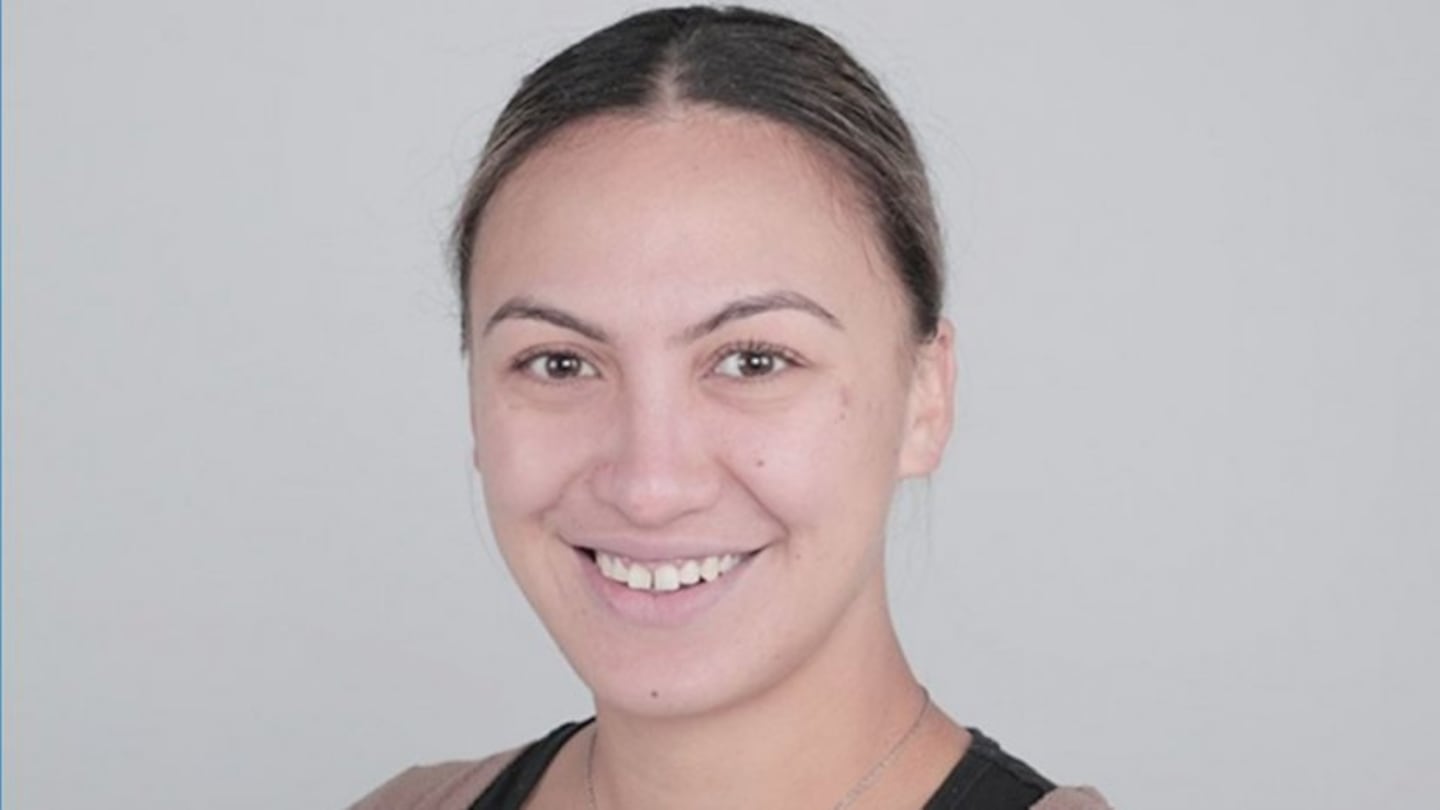Photo / Supplied
A wahine Māori scientist's ground-breaking PhD cancer research aimed at improving health outcomes for Māori communities has received a major boost.
Danielle Sword (Muaūpoko, Te Ātiawa ki Whakarongotai, Ngāi Tahu) - who says she is "deeply committed" to investigating cancer treatment from a te ao Māori perspective - has received the Māori Cancer Research Award in the latest funding round from Te Kāhui Matepukupuku o Aotearoa (the Cancer Society of New Zealand) and Hei Āhuru Mōwai (Māori Cancer Research Leadership Aotearoa).
“I want to see our whānau have a better chance at fighting against cancer. This award means I can pursue a PhD that will utilise both Western Science and Mātauranga Māori to explore the emerging cancer treatment CAR T-cell therapy and its potential impact on Māori,” Sword said Friday.
Chimeric Antigen Receptor T-cell therapy is a type of treatment in which a patient's immune cells (T cells) are redirected in the laboratory to identify and attack cancer cells, according to NZ's Malaghan Institute of Medical Research at Te Herenga Waka—Victoria University, Wellington.
Sword's frequent attendance at tangihanga as a child has been a driving force, she said, behind her inspiration to work in health research.
“Growing up I realised that, compared to our Pākehā whānau, tangihanga were a regular event. My whānau were passing away due to preventable illnesses and health-related issues far more than the whānau of many of my peers.”
Sword who is supported in her PhD journey by Whakauae Research Services - the only Iwi-owned research centre in Aotearoa - said this latest funding support gives her “more confidence in my mahi as a wāhine Māori scientist and researcher."
“I can take the next steps in my mahi towards reducing inequity and reducing those frequent tangihanga.”
Whakauae Research Services acting director, Tanya Allport, said Sword’s work will assist in understanding the impact of new cancer treatments on Māori.
“For too long now, decision-making in the health system has not considered the perspective of the people with the lowest health and wellbeing outcomes. Māori want to have a say in how the system should care for them – Danielle is one of the researchers making that happen.”



